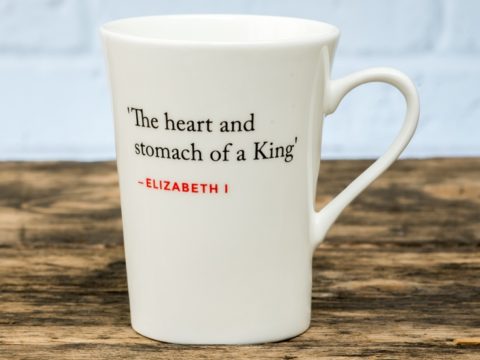The Life and Historical Reputation of Mary Tudor
Chapter 9 : Winning the Crown
It has often been said by Mary’s detractors that she had little grasp of politics and was easily swayed by others. Yet the mere fact that she had survived the dangers of her father’s and brother’s reigns had given her a schooling in the power politics of her time that few others could match. She was no political ingénue. As Edward’s illness progressed, Mary was kept well-informed by people close to the centre of power in London as to what was going on. Needless to say, these links were kept well-hidden, but Mary evidently knew well beforehand of the moves to deprive her of the Crown.
Throughout the early summer of 1553, she and her advisers prepared a strategy to counter this eventuality. It depended entirely on the loyal and highly competent officers of her household and their ability to raise her affinity in East Anglia in her support. She had no backing on the Council in London, nor from the leading nobility of England and her cousin, Charles V, in whom she placed much of her trust, had all but deserted her. He did not believe that Mary Tudor would become the next English monarch. She, however, felt differently.
In the dead of night, on 4th July, before the official announcement of Edward VI’s death had been made, but informed by trusted sources that he had already expired, she left Hunsdon to ride for Kenninghall in Norfolk. It was there that she would announce her intentions and raise support. Addressing her household on 9th July, she told them that
‘the right to the crown of England had descended to her by divine and by human law.’
The next day her letter to the Privy Council in London ordering them to proclaim her as Queen arrived. It caused consternation.
The move was a courageous gamble. No one in power had expected such boldness and over the next week doubts paralysed the politicians left behind in London when Northumberland marched off to meet Mary’s growing army, now headquartered in Suffolk. Crucial to Mary’s success was a rising in the Thames Valley which added substance to her campaign. Aware that if he engaged Mary’s troops the country would probably be plunged into civil war, Northumberland backed down. He was a seasoned and successful soldier and, in many ways, a brilliant politician, but his decision not to proceed, to throw himself on Mary’s mercy, was uncharacteristic. He is perhaps not given the credit he should be for averting bloodshed, though we will never know how much of this was from self-serving or altruistic motives.
Mary I
Family Tree






